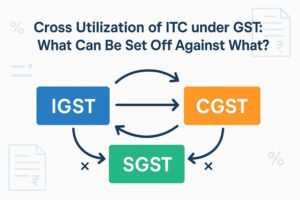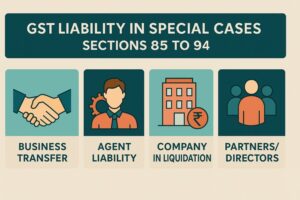Interest on Delayed Refunds Under GST- Section 56
- 19 Aug 25
- 6 mins
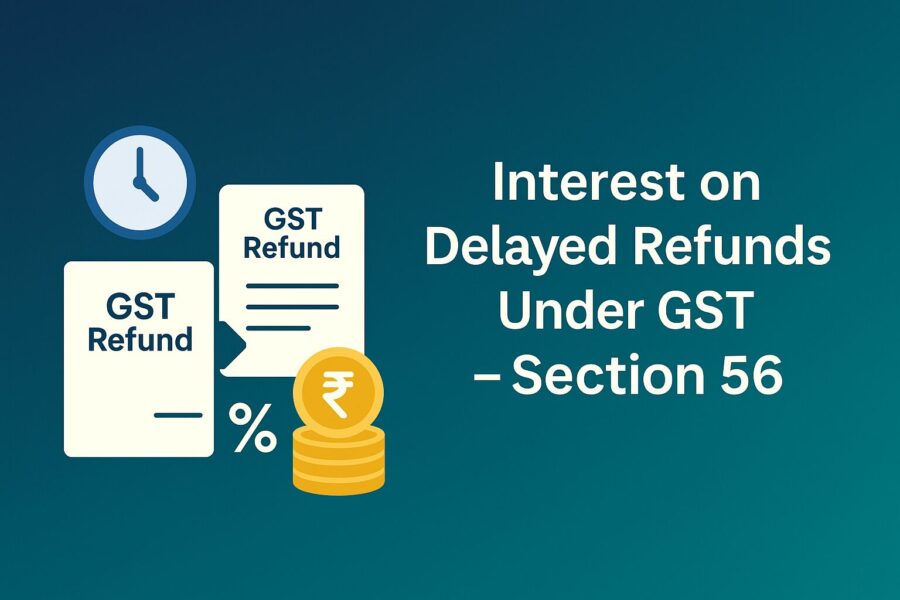
Interest on Delayed Refunds Under GST- Section 56
Key Takeaways
- Section 56 of the CGST Act mandates interest if GST refunds are delayed beyond 60 days from a complete application.
- The standard interest rate is 6% per annum, increasing to 9% in cases involving appellate or judicial orders.
- Interest is calculated from the 61st day after filing the refund application until the refund is actually disbursed.
- Notification No. 28/2023-C.T. (effective Oct 1, 2023) reinforced the 60-day rule and streamlined interest computation.
- Timely refund processing ensures better cash flow for businesses, while delays give taxpayers a legal right to statutory interest.
The framework of India’s GST system is meant to make the supply of refunds fast, though issues can at times delay a business’ cash flow. To tackle this issue, Section 56 of the CGST Act, 2017 provides for compensation in the form of interest on delayed refund under GST.
This rule sets up protection for businesspersons waiting for their money so that problems in the system do not cause a delay in their refunds. We are now going to explore in more detail how this works, what it means and how it is put into practical use.
Interest on Delayed Refunds
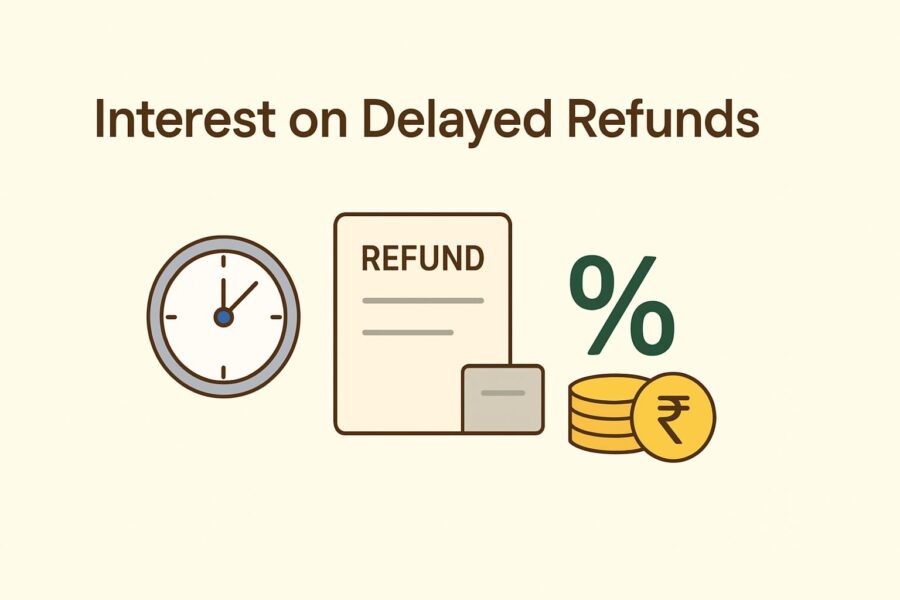
If a refund is not processed within 60 days after a complete application is submitted, interest will start to accrue under Section 56. For most situations, the standard interest rate is capped at 6% per year. However, if the cycle of refund is related to appellate orders, tribunal decisions or final court rulings, that rate increases to 9%.
Calculation of Interest
Interest computation can vary based on two different scenarios:
- Standard Refunds
Interest at a rate of 6% is implied starting from the 61st day after you submit your initial refund application, and it continues until the refund is actually disbursed.
For example, if you file your application on January 1, the interest period will begin on March 2 (the 61st day) and wrap up on the date you receive your refund.
- Adjudicated Refunds
In cases where appellate orders are involved, taxpayers need to submit a new refund application. Here, interest at 6% applies from the 61st day of the original application until one of the following occurs:
- 60 days pass after the second application for refund (following the appellate order), or
- The date the refund payment is met.
Once the second application is in play, interest at 9% will apply from the 61st day after that application until the actual refund is paid out. This distinction helps ensure that taxpayers receive fairer compensation when there are delays, even when judicial actions are taken.
Higher Interest in Case of Adjudicated Refund Claims
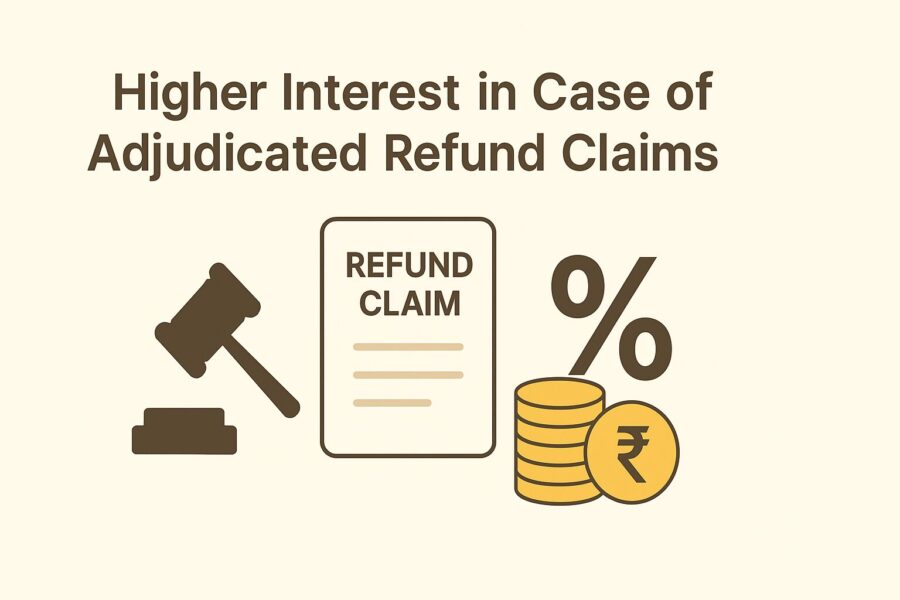
When a refund claim comes up from appellate authorities, the increased 9% interest rate applies only for delays that go beyond 60 days from the date of the post-appeal application. For example:
If an appellate order requires a refund on April 1 and the taxpayer submits a new application on April 10, the 9% interest begins to accrue on June 10, which is the 61st day.
With this method, there is no possibility of confusion about when the higher rate starts and only the applications after the appellate step are affected.
Effective Date of Enactment
The provisions of Section 56 were implemented on July 1st, 2017. Recent updates made through Notification No. 28/2023-C.T. (effective October 1, 2023) draw certain inspirations from Section 147 of the Finance Act, 2023. These modifications simplify how interest is calculated and reinforce the 60-day limit for both standard and adjudicated refunds.
Impact on Businesses
Businesses typically face challenges in the following areas when there is a period of delay in the processing of refund of taxes paid:
- Cash Flow Management: During refund delays, it can really throw a wrench in the working capital of small and medium-sized enterprises (SMEs) and exporters who depend on getting their reimbursements on time.
- Compliance Vigilance: Keeping accurate records and sticking to filing deadlines is essential to steer clear of any procedural restrictions.
- Legal Recourse: If delays drag on, businesses have the option to take their complaints to higher authorities or even the courts, seeking statutory interest.
- Strategic Planning: By grasping how interest accrual periods work, businesses can better predict their cash flow and ease any financial pressure.
Conclusion
Section 56 of the CGST Act is crucial for striking a balance between taxpayer rights and the efficiency of administration. By controlling the interest on delayed refunds under GST, it holds authorities accountable while helping businesses manage cash flow issues.
It is essential for businesses to keep up with procedural timelines and make use of legal options if delays go beyond what is allowed. As GST continues to develop, provisions like Section 56 highlight India’s dedication to creating a taxpayer-friendly environment, which in turn promotes compliance and drives economic growth.
💡If you want to streamline your payment and make GST payments via credit card, consider using the PICE App. Explore the PICE App today and take your business to new heights.
 By
By 











